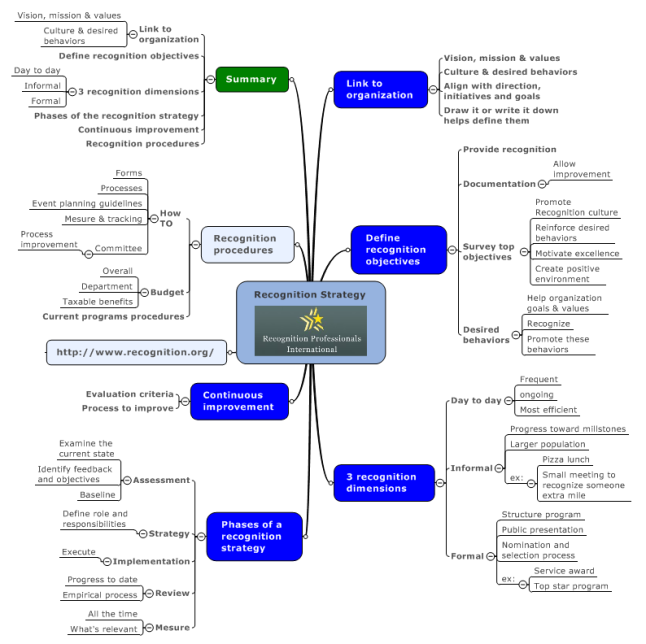In a domain where many keep their kid heart, what can we say about the industry maturity? Even if software development is a young discipline, we have seen a lot of practice changes and improvements in the last 10 years. One of the big steps in my opinion is that we now acknowledged that change is part of our daily job. It has made the industry search for better managing and processing ways. Other discipline paradigms have been observed, duplicated and adapted to our context. That has made our body of knowledge growth and new ways of doing things emerge.
I personally think that we are a people business, our industry require motivated people willing to work as a team to get results. That’s the reason why it’s more and more important to consider the human aspects more than the technical aspects. It’s also a society tendency: people desire more human jobs. Team that will succeed will be those who understand that fact and act in this way by caring about employee, team synergy and ensuring it’s an applied value by everyone.
What are the software development hot topics?
What I liked about that conference is that it presented a good summary of the hole DevTeach event, by presenting a little of every main concerns and ideas raised in the other conferences. You can follow Mario on his talk show (French).
In your opinion, what are the other emerging concerns and ideas in software engineering?



